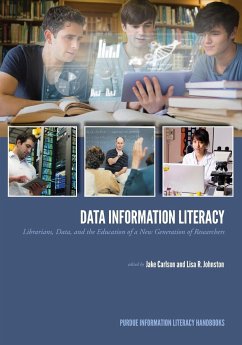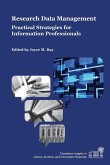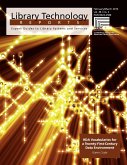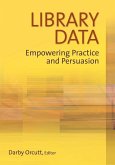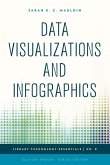Given the increasing attention to managing, publishing, and preserving research datasets as scholarly assets, what competencies in working with research data will graduate students in STEM disciplines need to be successful in their fields? And what role can librarians play in helping students attain these competencies? In addressing these questions, this book articulates a new area of opportunity for librarians and other information professionals, developing educational programs that introduce graduate students to the knowledge and skills needed to work with research data. The term "data information literacy" has been adopted with the deliberate intent of tying two emerging roles for librarians together. By viewing information literacy and data services as complementary rather than separate activities, the contributors seek to leverage the progress made and the lessons learned in each service area. The intent of the publication is to help librarians cultivate strategies and approaches for developing data information literacy programs of their own using the work done in the multiyear, IMLS-supported Data Information Literacy (DIL) project as real-world case studies. The initial chapters introduce the concepts and ideas behind data information literacy, such as the twelve data competencies. The middle chapters describe five case studies in data information literacy conducted at different institutions (Cornell, Purdue, Minnesota, Oregon), each focused on a different disciplinary area in science and engineering. They detail the approaches taken, how the programs were implemented, and the assessment metrics used to evaluate their impact. The later chapters include the "DIL Toolkit," a distillation of the lessons learned, which is presented as a handbook for librarians interested in developing their own DIL programs. The book concludes with recommendations for future directions and growth of data information literacy. More information about the DIL project can be found on the project's website: datainfolit.org.
Hinweis: Dieser Artikel kann nur an eine deutsche Lieferadresse ausgeliefert werden.
Hinweis: Dieser Artikel kann nur an eine deutsche Lieferadresse ausgeliefert werden.

